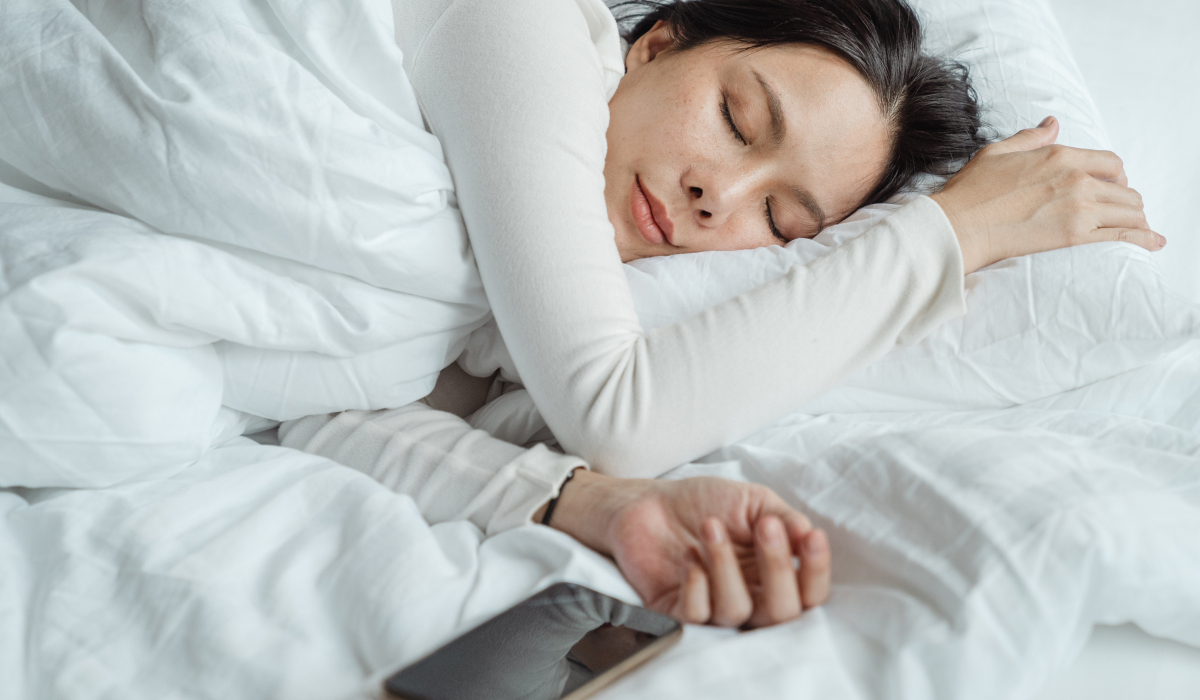Stress, anxiety, and depression don't just take a toll on our mental well-being; they also affect our physical health. In fact, chronic mental health conditions can increase the likelihood of chronic physical health conditions.
For example, unhealthy ways of coping – like smoking or substance use, poor self-care, and disrupted sleep patterns – can lead to physical health concerns.
And mental health conditions can also activate the body's stress response, causing the release of cortisol and impacting immune system, metabolism, and heart health. This raises the chances of developing conditions like heart disease, obesity, and diabetes.
So, poor mental health can make us physically ill. But the opposite is also true: prioritizing physical health can positively impact our mental health.
Here are 6 mental health benefits that come from regular physical activity.
Hint: The rewards far outweigh the effort.
Reduced stress and anxiety
Boost endorphins
As you engage in exercise, your brain recognizes the increased demand for energy and the activation of various bodily systems, like your cardiovascular and musculoskeletal systems.
In response to this increased demand, your brain releases endorphins into the bloodstream. These natural chemicals then bind to specialized receptors in your brain, primarily in areas associated with pain perception and emotions. By doing this, endorphins help to reduce the perception of pain and produce feelings of pleasure and well-being, often referred to as the “runner's high.”
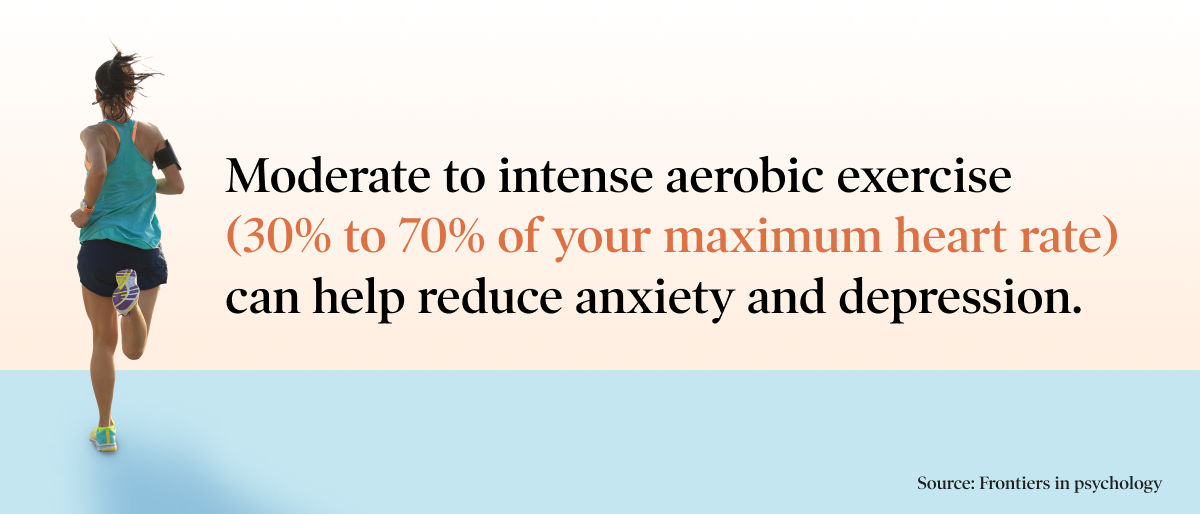
Lower cortisol
Exercise has the added benefit of reducing cortisol, the stress hormone. When you exercise, your body experiences a temporary increase in cortisol as a response to the physical stress placed on your muscles and cardiovascular system.
But the long-term effect of regular exercise is a decrease in cortisol production. Over time, your body becomes more efficient at managing stress and maintaining a healthier cortisol balance.
Chronically elevated cortisol can contribute to anxiety, depression, and other stress-related health issues. So, by engaging in physical activity, you effectively lower cortisol, promoting a calmer state of mind and reducing the negative effects of chronic stress.
Better sleep quality
Regular exercise could help you achieve a more restful night's sleep. When you work out, you use up energy and raise your body temperature, which can make you feel more tired and ready for some shut-eye.
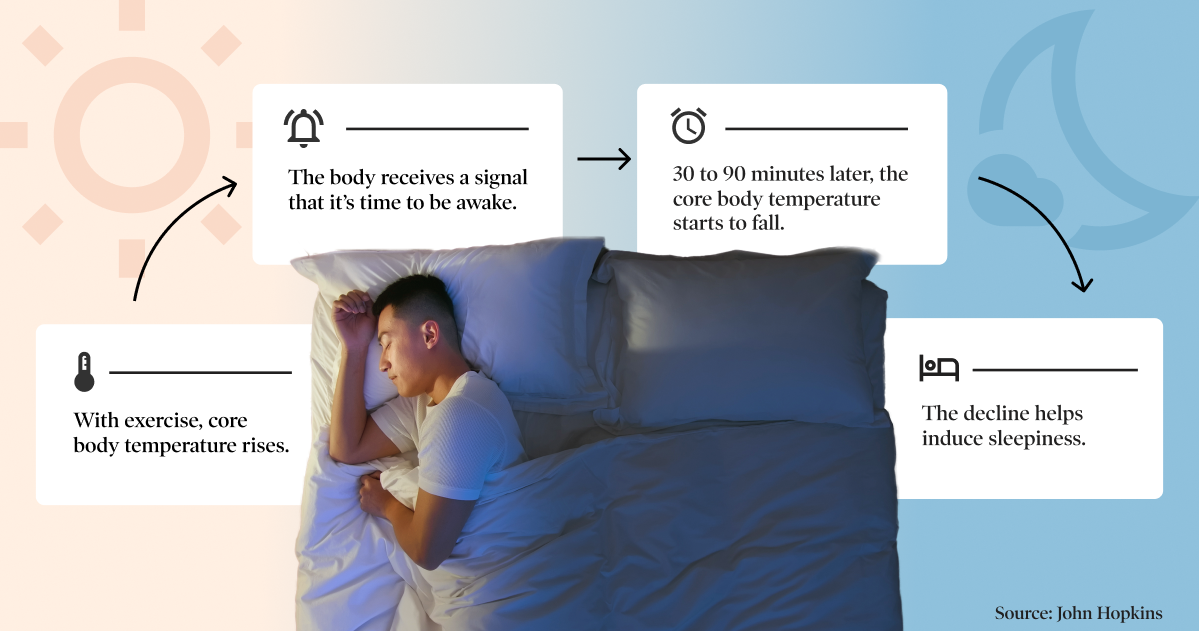
Physical activity also plays a crucial role in regulating your circadian rhythm – the internal clock that controls your sleep-wake cycle. By moving during the day, you can help sync up your sleep patterns with natural day and night cues. This means your body will be more in tune with when it's time to sleep and when it's time to wake up, making it easier for you to establish a consistent and synchronized sleep routine.
And if you struggle with insomnia, incorporating physical activity into your routine could be a game-changer. Exercise has been shown to reduce symptoms of insomnia, helping you fall asleep faster and wake up less frequently during the night.
Enhanced cognitive function
When you move regularly, you support and optimize cognitive abilities – supercharging your brainpower. Exercise increases blood flow to your brain, boosting oxygen and essential nutrients to keep your brain cells happy and healthy. This provides an environment for optimal brain function and supports the growth of new neurons.
Physical activity also stimulates the production of neurotransmitters: chemicals that help our brain cells communicate with each other. The increased production of neurotransmitters, such as dopamine and serotonin, as a result of physical activity, helps regulate mood, attention, and memory.

Other benefits include enhanced memory and focus. Exercise promotes the growth of new neurons in the hippocampus, an area of the brain associated with learning and memory. This means that exercise can help you remember things better and process information more effectively.
Elevated mood and self-esteem
Regular physical activity improves both your mood and self-esteem. When you exercise, it helps develop a sense of accomplishment and self-efficacy. As you set goals and work hard to achieve them, you will start feeling more confident in yourself and your abilities.
Physical activity has also been shown to alleviate symptoms of depression. It acts as a powerful antidepressant, reducing feelings of sadness and anxiety while giving you mental clarity. So, when you engage in physical activity, you're not only improving your physical health but also experiencing a significant positive impact on your sense of self.
Social connections and support
Group activities bring people together – whether it's a team sport or a group exercise class. Participation in these activities allows you to interact, collaborate and bond over shared experiences, leading to meaningful relationships and friendships.
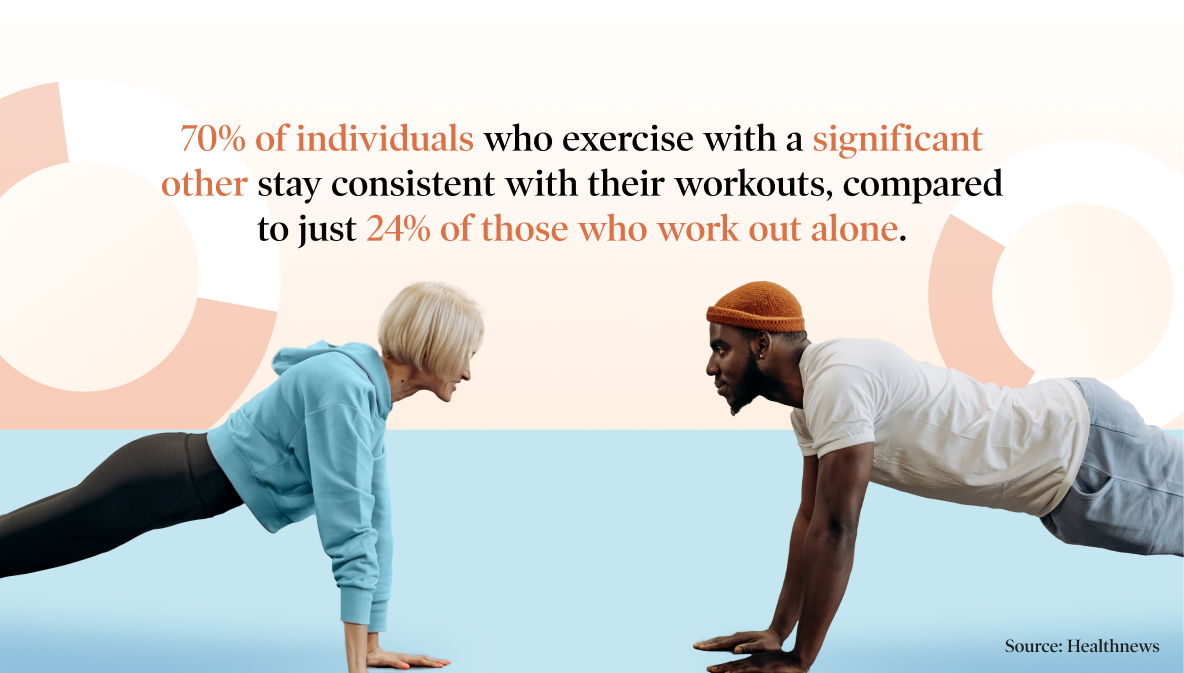
All this interaction leads to a sense of belonging and a solid support network that provides encouragement, motivation, and camaraderie. Through physical activity, you can improve your overall well-being and find a sense of community.
Increased resilience and mental strength
When you commit to a workout routine, you develop discipline and perseverance, traits that are crucial for building mental strength. By pushing your limits and conquering challenges during exercise, you learn to bounce back from setbacks and become more resilient in the face of adversity.
Physical activity also equips you with improved coping mechanisms and stress management skills. Regular exercise serves as a healthy outlet for stress, helping to blow off steam and reduce anxiety. The structure and resilience you cultivate through physical activity empower you to tackle life's curveballs head-on, armed with a stronger, more flexible mindset.
Empower yourself toward better mental health
Physical activity is not just good for our bodies, but it's also a game-changer for our mental well-being. Make exercise a regular part of your life by starting small, finding activities you enjoy, and gradually increasing intensity and duration. And remember, physical activity can be more than just lifting weights or running marathons. Find what works for you and stick with it.
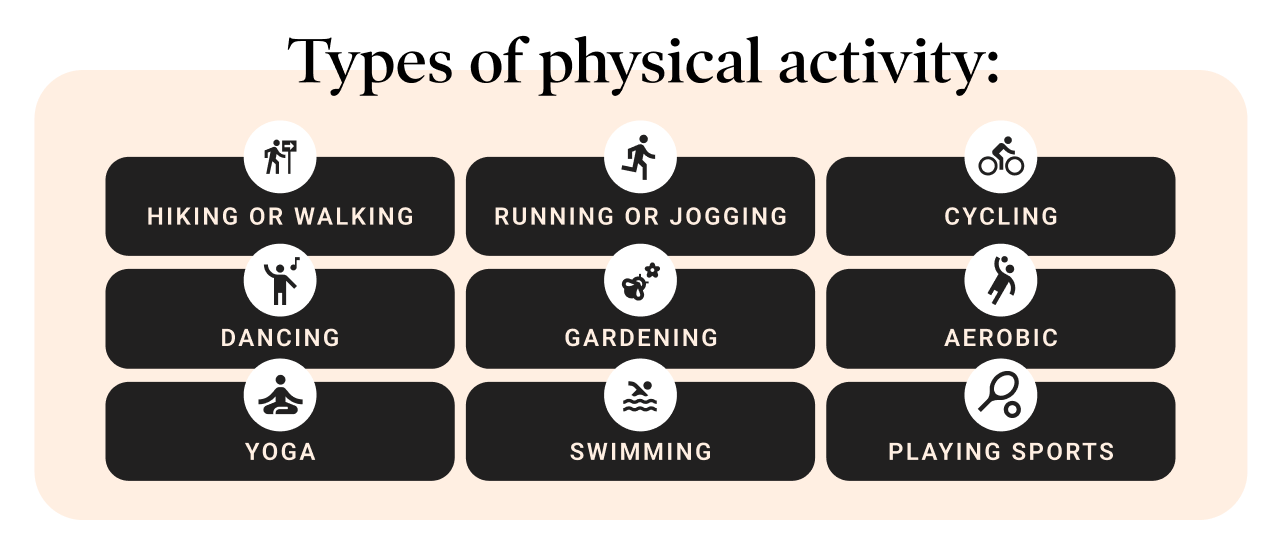
But exercise isn't a cure-all for mental health issues. If you're struggling with persistent feelings of sadness or anxiety, it's essential to seek clinical guidance. Dialogue’s mental health professionals have the knowledge and expertise to support you through these challenges.




 Canada (EN)
Canada (EN)
 Global (EN)
Global (EN)







